

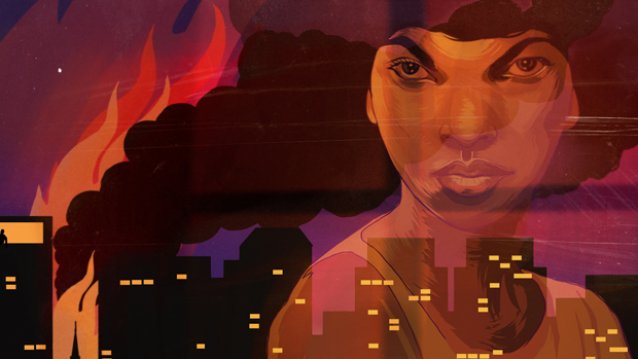
Rhea Monique (@ashelia) contributed to the creation of this article.
The Belgian-based developer of Sunset, Tale of Tales, recently shut down due to the failure of its latest title. The game sold a little over 4,000 copies since its release in May, 2,228 of which were backers of its initial Kickstarter campaign in 2013.
Sunset is a "first person narrative" title, belonging to the genre popularized by Gone Home and Dear Esther. Its creators, which previously made the avant garde titles, The Path and The Graveyard, intended Sunset for a more mainstream audience. A game for gamers.
The studio released a post-mortem of Sunset, stating that it had been developed with conventional controls, a three-act story, and well-defined activities—as if these qualities are what define a mainstream title, rather than qualities like narrative agency and interactivity.
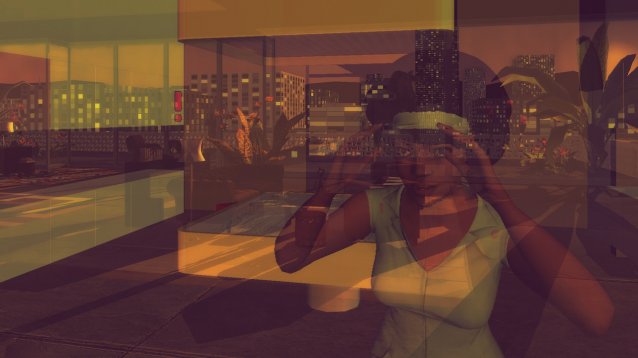
In any case, Sunset was released last month to rave reviews from the press, which called it everything from "a quiet game which a fierce revolutionary spirit" whatever that means, and an "unusual and thrilling use of the video game medium, and one that expands both its scope and its definition." Your mileage may vary, but there's nothing thrilling about Sunset, as I'll get into in just a bit.
Either way, Sunset sounded promising. If you can get past the hype, what the press is trying to say is that Sunset does something different—a quality worth celebrating amidst the sea of staid triple-A games.
Set in the 1970s, players assume the role of Angela Burnes, an African-American expatriate who moves to a fictional Latin American country, Anchuria. Unable to return to the United States after the country's political situation turns to shit, Angela takes on a job as a housekeeper for a wealthy businessman and experiences the revolution in relative safety, while her brother (who in case you were wondering also followed her to Anchuria) joins the insurgency. He gets to do the exciting stuff, Angela doesn't.
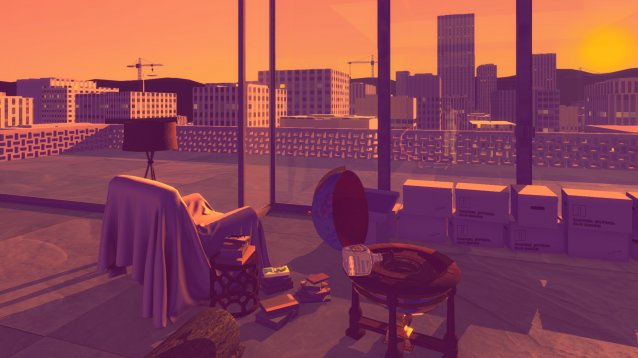
In theory, it sounds good: the player gets to live a new experience, filling in the shoes of a woman of color living in a country rife with political turmoil. In reality, however, the game falls short. At no point does it make the player understand how the character feels nor pull the player into its narrative; agency does not exist in Sunset. Instead, the game offers the player bland monologues at the start of the day followed by what can only be described as one of the worst point and click experiences in any video game.
Your actions only serve to tick off boxes in the game's artificial checklist of menial chores. There are no consequences to performing small acts of rebellion. As a matter of fact, nothing you do has any bearing on the narrative.
Sunset doesn't get much deeper than pressing "F" to pay your respects.
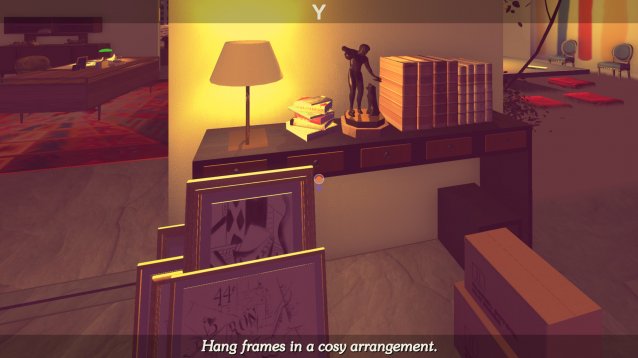
As the icing on an already bad cake, Angela serves as a stand-in for the developers—Michael Samyn and Auriea Harvey—who are more than happy to spew their anti-American and anti-Capitalist viewpoints onto the player through spoken monologues. Angela even expresses disdain of games like Chess and Go, echoing what the developers themselves have said.


It's not a crime to hold a low opinion of video games or appreciate it as a medium, but the hand of the creator is nakedly evident to the player.
Since the developers announced their departure from the scene, there has been a push to recognize Sunset as a work of true art (as if other games are lesser), done in effort to dismiss any criticism one might have of its shortcomings. Arguments have been made to paint gamers as philistines, never mind that Sunset fails deliver anything captivating.
That it fails to connect to its intended audience is secondary to the fact that it just isn't very good.


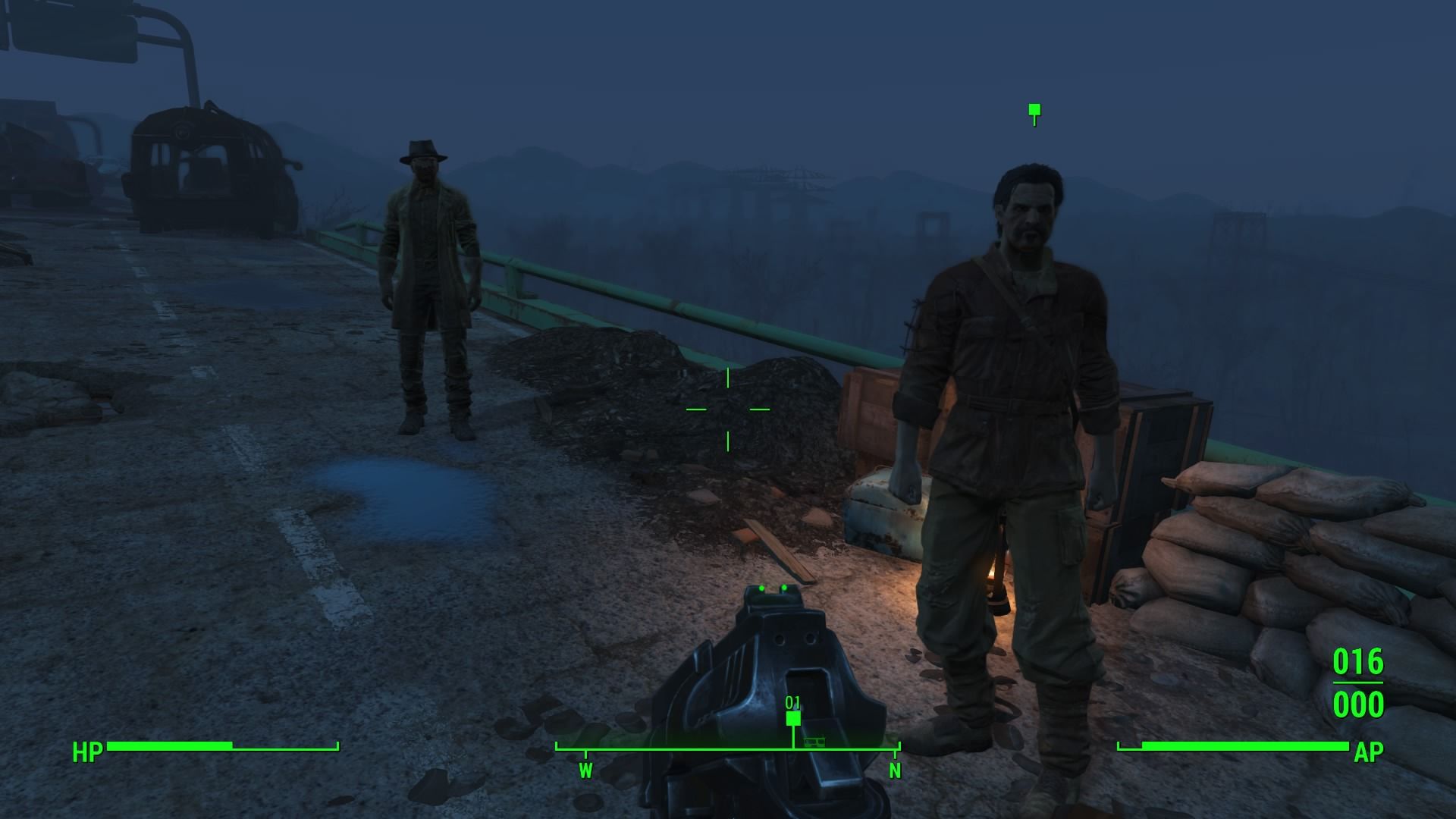
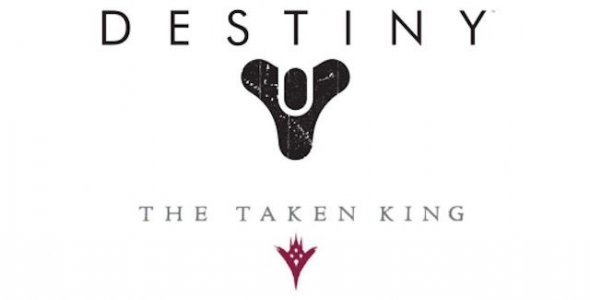
 How To Unlock All Weapons In Assassin's Creed Syndicate
How To Unlock All Weapons In Assassin's Creed Syndicate Max Damage 2 Complete Walkthrough
Max Damage 2 Complete Walkthrough Ukraine's Power Grid was Hacked: Could It Happen Here?
Ukraine's Power Grid was Hacked: Could It Happen Here?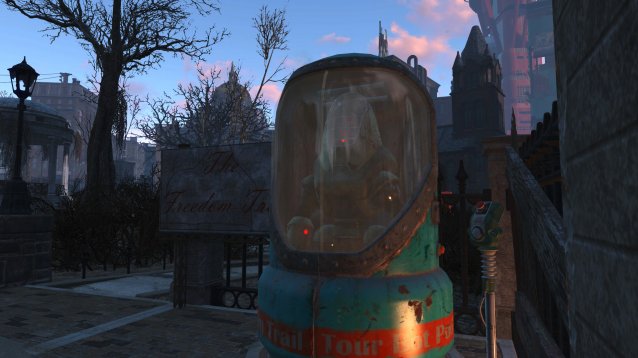 Fallout 4 Guide: How To Follow The Freedom Trail
Fallout 4 Guide: How To Follow The Freedom Trail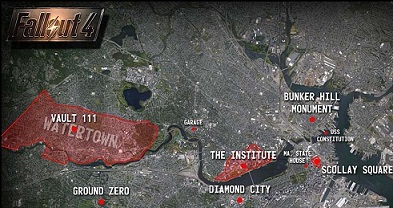 All Vault Locations in Fallout 4
All Vault Locations in Fallout 4